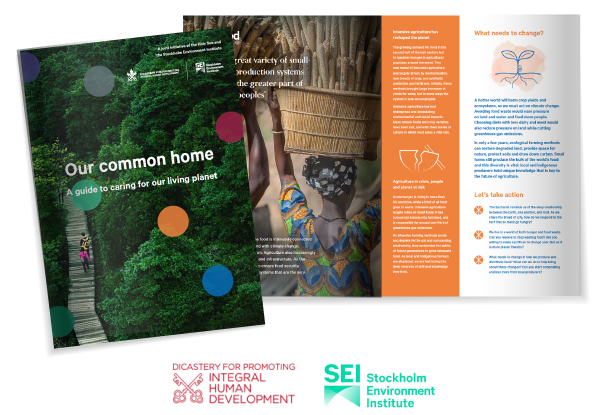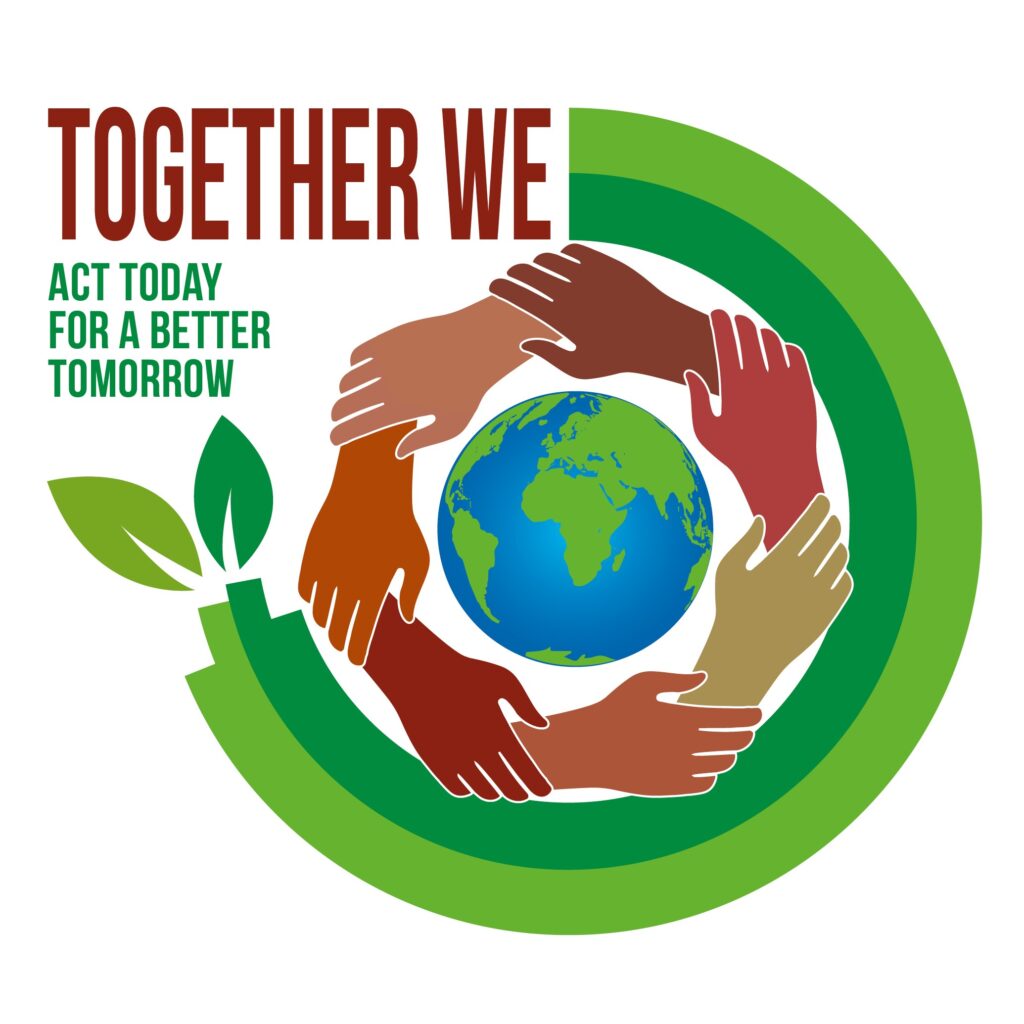“A true ecological approach always becomes a social approach; it must integrate questions of justice”
Social justice and human rights are woven through all of today’s most pressing environmental issues. Those who contribute least to environmental harm often suffer its worst effects. Equity and fairness are also often at the heart of solutions. We cannot solve global warming, for example, without facing questions of who is most responsible for it. And women’s rights must take a central place: when women are educated and empowered, we see better
environmental outcomes.
La Pianta: An Agricultural Project run by Caritas-Youth
Caritas Lebanon-Youth (CLY) contacted the Maronite dioceses of Tripoli and Zahle and asked them for their support in providing pieces of land to be used by Caritas. Both dioceses were supportive of the idea and gave CLY “communities of care” land in each area to transform into agricultural plots.
This project, called La Pianta, aims to empower young people to support their families and communities by generating income and improving livelihoods, despite the difficult overall situation of the country. Young people will receive training that will provide them with entrepreneurial and agricultural skills to start their own businesses and by giving them land to implement these.

La Pianta not only created job opportunities, but also provide low cost and affordable agricultural products for the community and for the Caritas institutions. In addition, revenue from the sales of the products is sustainably reinvested into a variety of CLY projects and humanitarian activities.
True to the motto of Laudato Si‘, “Pray, Act, Advocate”, the project is a holistic initiative, that supports local communities while also strengthening the bond between the Church and the Christian youth.
The result of the first 2 years of the project include: 30,000 square meters of land transformed into agricultural plots; 80 bee hives; 9 greenhouses; 300 olive trees and 150 fruit trees; 300 youth trained; 70 youth and women trained on food processing; youth employment of 72 males and 30 females; families benefitting from the product (300 – 1,500 individuals).

What needs to change?

At the same time as eliminating greenhouse gas emissions, we must adapt to climate change impacts and build community resilience, especially for the most vulnerable. We can restore
and conserve ecosystems, build infrastructure to protect against storm surges and sea-level rise, and develop drought-resistant crops. As we shift away from a fossil-fuel economy we
must also ensure a “just transition”, which offers security and opportunity to those who stand to lose from change. And advocating strongly for ecological justice is vital for building a resilient,
equitable world.
Let’s take action
Pope Francis urges us to “hear the cry of the earth
and the cry of the poor” (Laudato si’, 49). Let us
pray and act for justice on all fronts for both people
and planet!
How can we help people, especially the young, face a challenging future with confidence, competence and hope? How can we ensure that marginalized groups have a strong voice?
The climate emergency is an opportunity for us to come together as one. How can we help those affected by ecological crises? What programmes or policies can address long-standing injustice?
Our Common Home
A guide to caring for our living planet.
A joint initiative of the Holy See and the Stockholm Environment Institute.
Together We
Discover more about “Together We” Caritas Internationalis’ global campaign that strives to foster collaboration and engage communities in addressing worldwide social and humanitarian challenges.


